1. Authoritativeness:
• Assess the trustworthiness of linking sites. 🌐
• Verify the authority of the websites linking to your content. 🔍
2. Relevance:
• Ensure that the linking site’s topic aligns with your content. 🔄
• Confirm the thematic relevance of the linking page. 📑
3. Placement:
• Evaluate the positioning of the link on the page. 🧭
• Strive for prominent placements to maximize visibility. 👁️
4. Competitor Strategies:
• Analyze and adapt to competitor off-page SEO tactics. 🕵️
• Stay informed about industry trends and competitor activities. 📈
5. Link Authority:
• Emphasize building links from authoritative sources. 🏛️
• Prioritize quality over quantity in link-building efforts. ⚖️
6. Referring Domains:
• Increase the number of unique domains linking to your site. 🔗
• Diversify your backlink profile for enhanced SEO benefits. 🔄
7. Anchor Text:
• Optimize anchor text for relevance and keyword inclusion. 🎯
• Use varied anchor text to maintain a natural link profile. 🔄
8. Link Relevancy:
• Focus on obtaining links from contextually relevant sources. 🌐
• Ensure that linked content complements your own. 🤝
9. Link Building Strategies:
• Develop and implement effective link-building plans. 🛠️
• Foster collaborations and partnerships for quality backlinks. 🤝
10. Social Shares:
• Encourage social sharing of your content. 📲
• Leverage social media platforms to amplify your online presence. 🚀
11. Content Marketing:
• Produce high-quality, shareable content. 📄
• Utilize diverse content formats to cater to varied audiences. 🎨
12. Brand Mentions:
• Foster brand mentions across the web. 🌐
• Monitor and engage with online conversations about your brand. 💬
Implementing a comprehensive off-page SEO strategy that encompasses these factors can significantly contribute to the growth of your website. 📈✨


